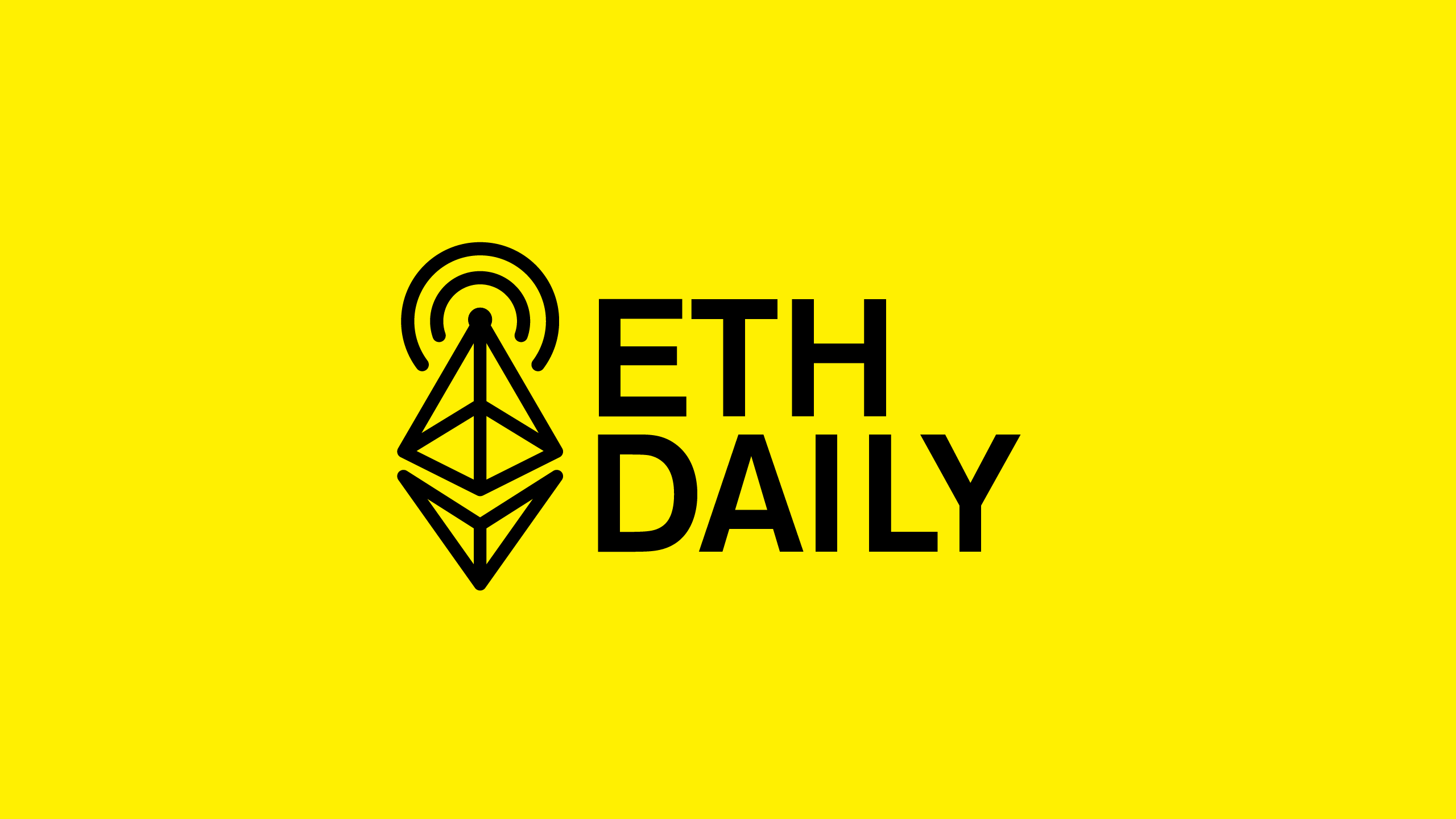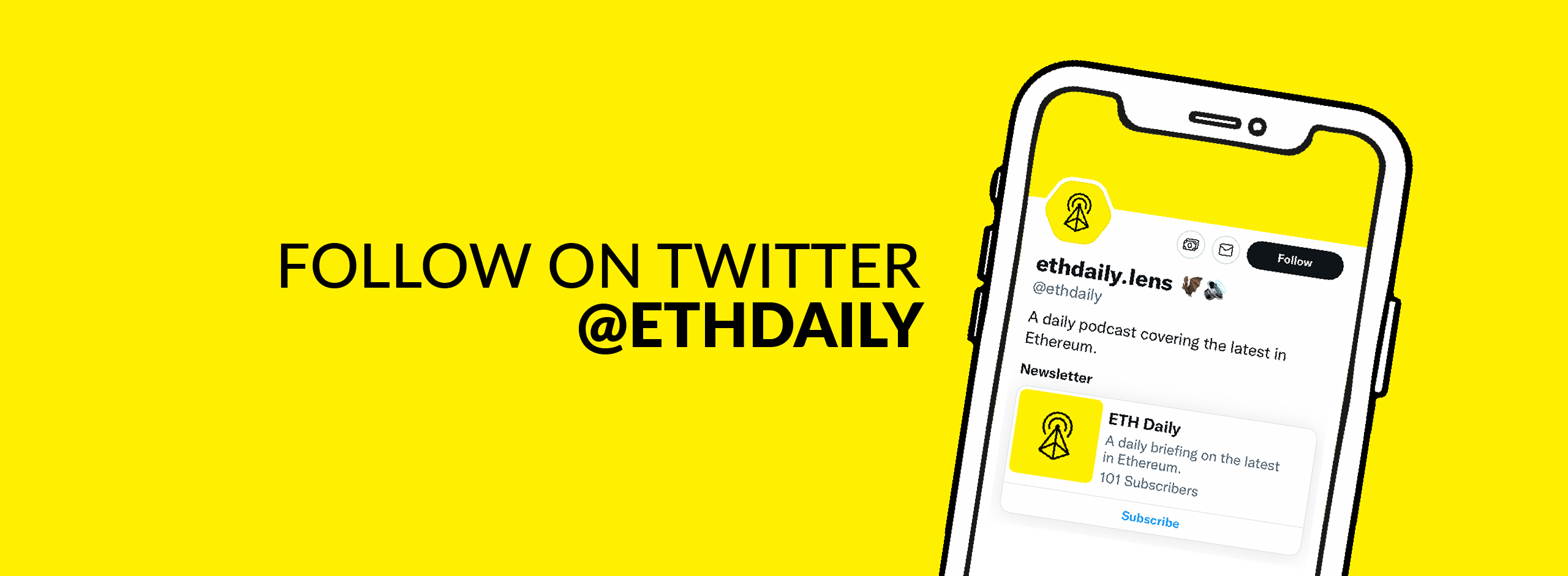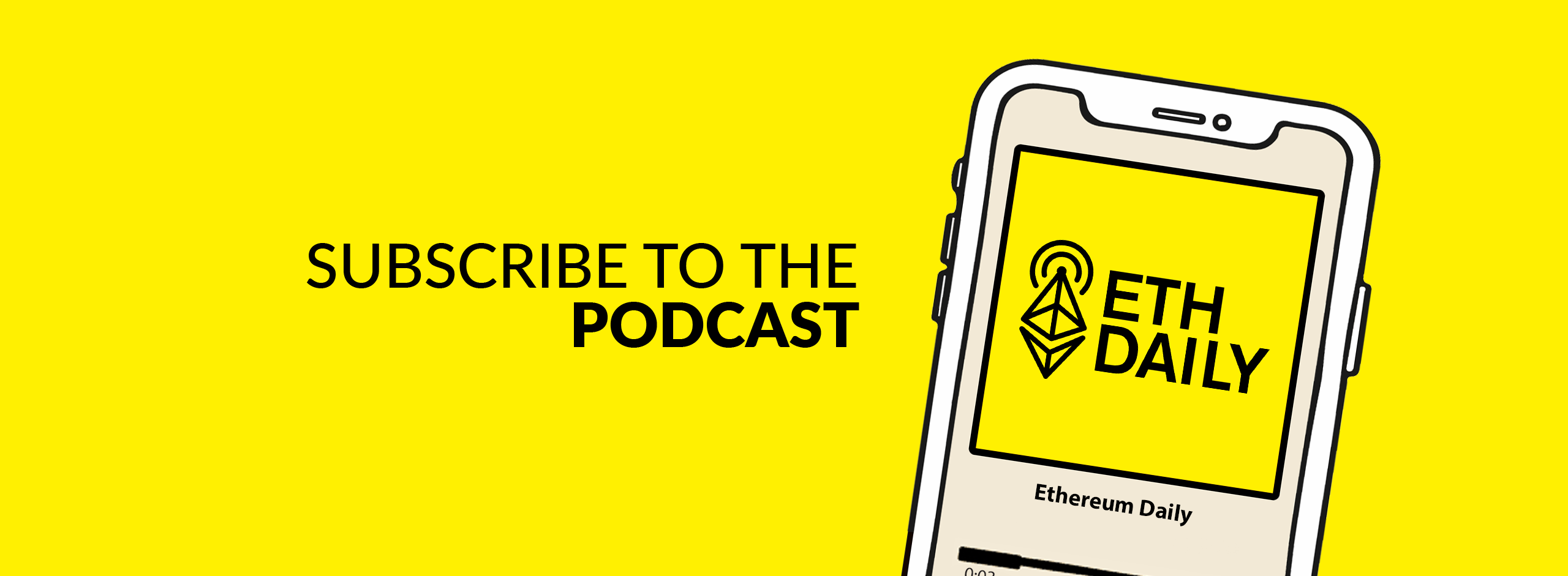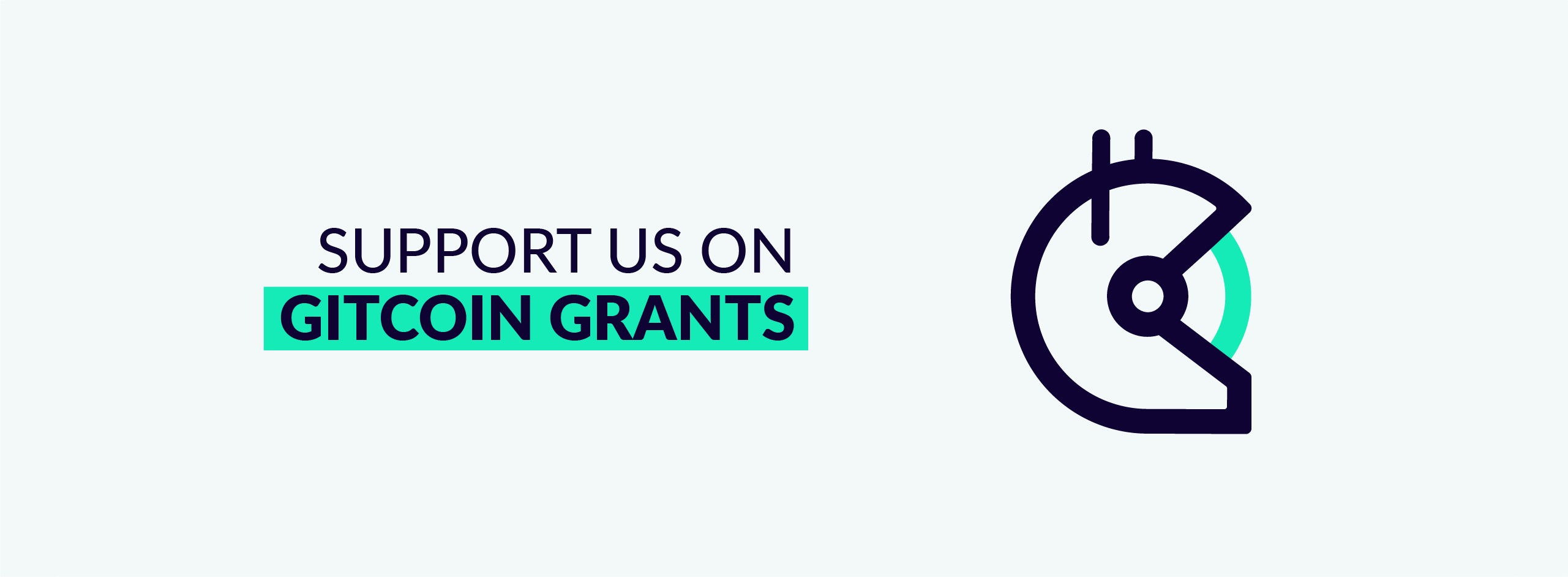ConsenSys Releases Data Retention Update
Wednesday, December 7, 2022

Quick Take
- Compound V3 extensions are now live.
- Nethermind releases a StarkNet bridge for Aave.
- ConsenSys updates its data retention policy.
- Mirror improves NFT embeds.
This is our Trezor affiliate link.

Compound V3 Extensions Now Live
Compound V3 extensions are now live. Extensions are add-ons that provide users with enhanced features such as automation and integrations with other protocols. A new permit function introduced by Compound V3 allows operator contracts to manage positions on behalf of users, allowing developers to build extensions on Compound.
Compound Labs developed the Advanced Transactions extension, which allows users to bundle transactions. The company also developed the Position Migrator extension for importing positions from Compound V2 and Aave V2. Two independent developers created the Comp.Vote extension, which enables gas-free voting.
DeFi Saver also released a DFS extension, which provides Compound users access to Boost, Repay, and Automation features on V3 positions. DeFi Saver also supports the features on Externally Owned Accounts (EOAs). Previously, users were required to migrate their Compound position to a smart wallet to access the features.

StarkNet Bridge For Aave aTokens
In collaboration BGD Labs, Nethermind released a bridge that allows users to transfer Aave aTokens from Ethereum to StarkNet. Users can now accrue rewards while holding aTokens on StarkNet. The bridge works by locking aToken deposits on Ethereum and minting a wrapped version of the token, coined staticATokens, on StarkNet.
Similar to stETH and wstETH, aTokens are rebasing while staticATokens accrue value. staticATokens represent the share of aTokens that a holder is entitled to, which are held by the Ethereum bridge contract. The bridge supports bridging for USDC, USDT, and DAI. Users can now call the bridge contract using Etherscan as the UI.
ConsenSys Data Retention Update
ConsensSys released an update on its data retention policy to disclose that it collects user IP and wallet addresses. ConsensSys clarified that data is only collected from transactions made using its Infura RPC endpoint, which is the default RPC for MetaMask. An RPC is the component that broadcasts transactions.
ConsenSys claims the data collection is required to ensure successful transaction propagation. ConsenSys does not collect data on transactions made through custom RPCs. MetaMask is working on a new advanced settings page with an improved UI for setting custom RPC providers. Users will also allowed to opt-out of third-party services.

Aztec Network Private NFT Grants
Aztec Network added three new grants for developers looking to build infrastructure for private NFTs. The non-fungible nature of NFTs make them difficult to privitize on-chain. Aztec Network allows users bridge NFTs onto its privacy rollup, which are then stored in a single vault. Users can withdraw from the rollup at anytime.
The grants seek to go beyond private storage and into private NFT collateral, lending, and trading. The grant aims to create a bridge that enables private NFT trading on L1 marketplaces, where users can interact with their NFTs from L2, without revealing their identities on L1. Aztec is offering between $5,000 and $7,500 for each grant.

Mirror Improves NFT Embeds
Web3 publishing platform Mirror expanded support for NFT embeds. Users can now embed Ethereum, Optimism, and Polygon NFTs using the token ID and contract address. Previously, the feature only supported Ethereum NFTs from Zora, Foundation, Rarible, and SuperRare. Mirror NFT embeds support images, audio, video, and text content.

